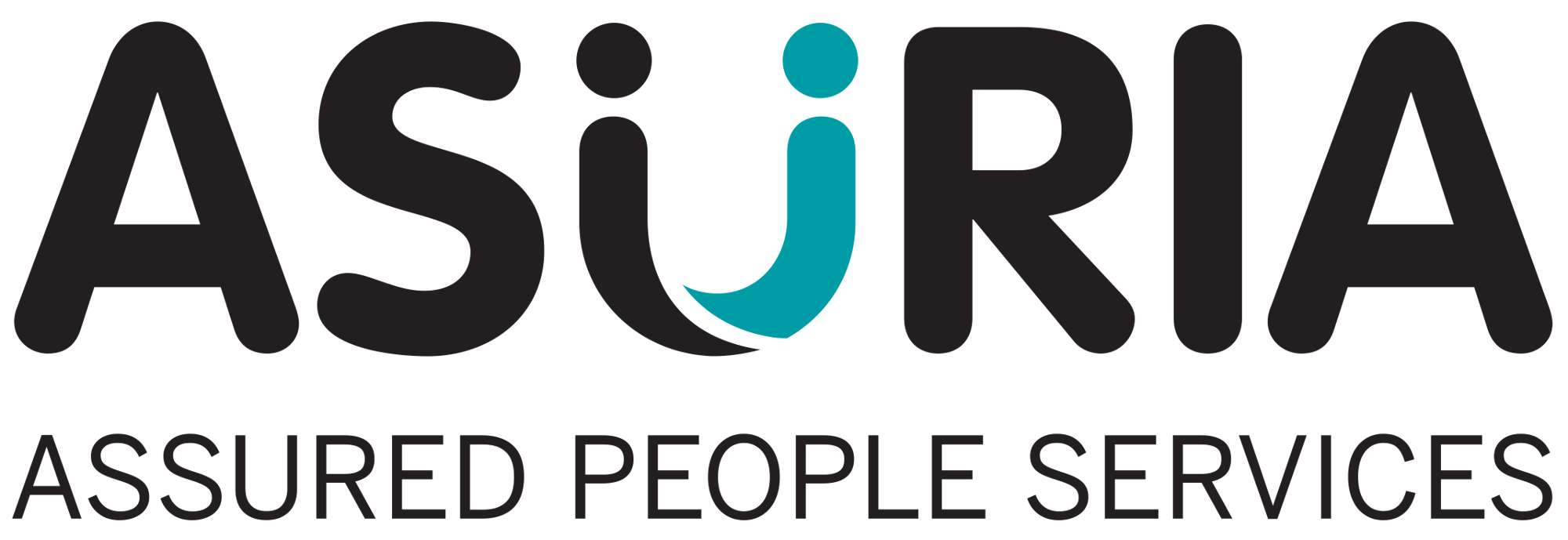We’ve all felt the pressures of stress at some point in our professional life. Most, if not all jobs have a stressful component to them. While you cannot always avoid stress-inducing situations such as deadlines and obligations, you can manage the stress associated with work.
What is stress?
Stress is usually attributed to feeling overwhelmed, overworked, worried and tense. This feeling of stress tends to occur when we feel an inability to cope with a situation or experience.
Not all stress is negative. In moderation, stress can be used as a utility to help perform, be resilient and help you function in a beneficial manner. However, when stress, especially at work, becomes consistent, chronic, and overbearing, it can cause significant issues with physical and mental health (APS, 2023) and can lead to burnout.
The consequences of workplace stress
According to research conducted by Colligan & Higgins (2006), the following examples are consequences of untreated or ignored workplace stress.
- Significant risk of developing psychological and physiological disorders
- Absenteeism
- Organisational dysfunction
- Decreased work productivity
At a personal level, stress can affect you in the following areas, as stated by Stranks (2005) in his publication ‘Stress at Work’:
- Emotional: You notice yourself feeling tired more often, with recurring anxiousness or lacking motivation
- Cognitive: You find that you are more prone to making errors or having accidents in your work
- Behavioural: You observe a change in your behaviour compared to your norm. This change may negatively affect your working relationships, eating habits, alcohol consumption, indecisiveness, irritability, and absenteeism
- Psychologically: You complain more frequently about general aches and pains in your body, headaches, and potential dizziness. You could also be experiencing symptoms of panic or breathing difficulty, or you find your mind racing with multiple thoughts and feelings of inadequacy
- Physical: Stress can contribute to heart disease, raised blood pressure, a weaker immune system, issues related to digestion, and you could be more prone to skin conditions
Tips to reduce your stress
There are many ways to reduce the work-related stress you experience and improve your overall wellbeing. These are tips you can use to manage your stress, according to the Australian Psychological Association.
Tracking triggers: Tracking your stressors is a great way to record and find patterns in what triggers you and how you respond to them.
Develop adaptive habits: Try to create healthy habits that help alleviate the effects of stress. This can include exercise or physical activity, creating a healthy sleep schedule (getting at least 7-8 hours of sleep each night), reducing caffeine intake to reduce symptoms of anxiety and stress, making time for hobbies (e.g. knitting, playing an instrument) and implementing self-care routines.
Establish strong boundaries: Setting boundaries between your work and home life is essential to overcoming stress. This can look like taking your full break, not bringing your work home, and avoiding checking emails or answering calls outside your assigned work hours.
Recharge and rejuvenate: Spending time replenishing your energy levels is essential to looking after your wellbeing and avoiding burnout. To do this, you should only focus on work during work hours, and switch off from anything work-related in your time off. For example, using your vacation days to take a break and leaving your work phone or computer at home, or turning off all work-related devices when you finish each day. Taking time to focus on non-work activities or important relationships can also help to recharge.
Relax and be present: Relaxation is the key component of combatting stress. Some adaptive techniques you can add into your daily routine include going for a walk, trying breathing exercises (see links below), or incorporating some simple stretches.
Start an open dialogue with your boss: As an employee, health is associated with productivity, your boss should be inclined to create a workspace that supports your wellbeing. It can seem daunting to talk to your manager, but starting the conversation with your employer can create positive long-term change. When speaking with your manager, try to think of solutions to your struggles that address your stress symptoms while maintaining your duties. The support you consider could be advice and mentoring from more experienced team members, resources such as counselling or wellbeing services, or practical changes to make your work environment more comfortable.
About Asuria Wellbeing Services
Asuria provides a range of wellbeing services to empower you with the knowledge, tools, and skills to help you get and keep a job. The Asuria Wellbeing Specialist Team are highly trained, registered allied health professionals, including psychologists, social workers and counsellors. We will support you every step of the way, by conducting evidence-based assessments and delivering counselling interventions if you are having trouble finding or keeping a job.
If you’re interested in finding out more about Asuria’s Wellbeing Specialist services, call 1800 773 338 or visit our website.
Written by Nikita Verghese, Counsellor - Asuria Wellbeing SpecialistNikita Verghese works in our Wellbeing Team as a Wellbeing Specialist to provide Allied Health services through her experience as a dedicated counsellor. Bringing years of experience to her role within Asuria, Nikita and her team work to provide support of the highest quality to our clients. |
|
|
|







